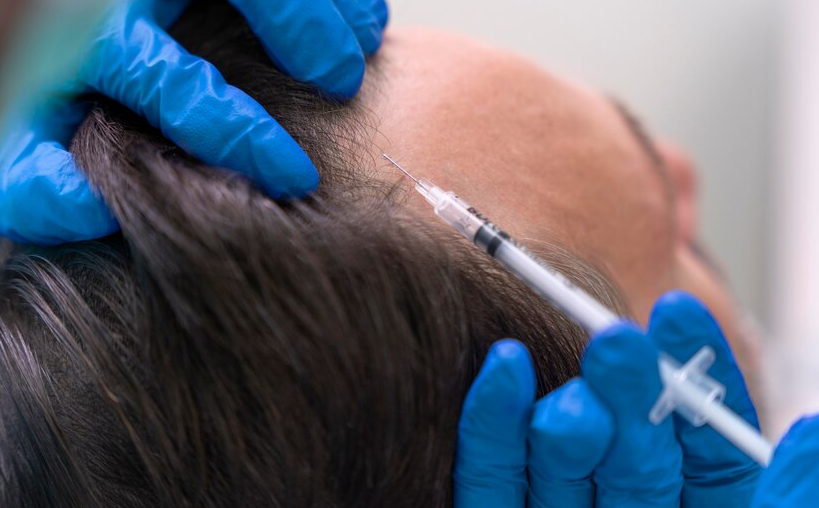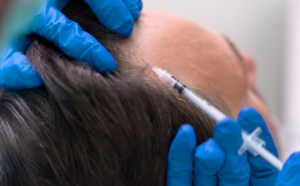Healthy Habits For A Bright Smile: Essential Dental Tips
Post Preview
Key Takeaways
- Regular dental care is essential for overall health.
- Understanding different dental services can help you make informed decisions.
- Daily dental habits are crucial in maintaining oral health.
Why Dental Health Matters
Oral health is more than just having a nice smile; it plays a crucial role in one’s overall well-being. Ignoring dental hygiene can result in serious problems beyond just dental cavities and gum disease. Routine dental examinations and cleanings can aid in the early detection and prevention of issues that are commonly associated with more serious health issues such as respiratory infections, heart disease, and diabetes. The Centers for Disease Control and Prevention emphasizes the importance of oral care in managing and decreasing risks linked to chronic diseases.
Effective Daily Dental Habits
The cornerstone of excellent dental health lies in the habits you practice daily. By investing in preventative measures such as family dental plans, you safeguard your teeth and overall health. These seemingly simple tasks play a considerable role in maintaining oral health and preventing disease. Brushing twice daily with fluoridated toothpaste is non-negotiable. It removes plaque, a sticky film of bacteria that can lead to cavities and gum disease. Flossing is equally essential and complements brushing by removing food particles and plaque from areas your toothbrush might not reach. Limiting sugary snacks and drinks is another vital practice. Sugars in these treats interact with bacteria to produce acids that attack enamel, the tooth’s protective layer. Consistently maintaining these habits can significantly lower the risk of dental problems, making regular dental visits more about prevention than treatment. Incorporating mouth rinses and chewing sugar-free gum can further enhance your daily dental regimen, making it a comprehensive approach to oral care.
Understanding Different Dental Services
Dental services are diverse, and each category serves a specific purpose in promoting oral health. Preventative dentistry focuses on preventing the onset of dental issues through regular exams and cleanings. Restorative services, such as fillings and crowns, address existing problems by restoring the function and integrity of teeth. Cosmetic dentistry, although perceived as an aesthetic choice, often plays a role in reinforcing dental health by correcting alignment and bite issues. Full arch dental implants offer a transformative solution for patients with multiple missing teeth, providing a complete set of prosthetic teeth anchored securely to the jawbone for optimal stability and function. Awareness of these services allows individuals to make informed choices about their oral care. For instance, as highlighted by the Mayo Clinic, regular cleanings are not merely cosmetic but a preventive measure that can detect early signs of severe conditions such as oral cancers or systemic health issues.
Choosing The Right Dental Products
Navigating the comprehensive range of dental products can be daunting, yet making the right choices is crucial for adequate care. Toothpaste with fluoride strengthens enamel, while those with baking soda can enhance whitening without abrasives. Electric toothbrushes may offer a more thorough clean, particularly for individuals with limited dexterity. Mouthwash can also be beneficial, especially those that target plaque and provide fluoride. Individuals with dental appliances such as braces for teeth straightening singapore require different tools like specialty brushes or water flossers. Consulting with your dental professional about which products best meet your needs is advisable to maximize the efficiency of your daily dental care routine. Many dentists recommend personalizing choices based on specific concerns like sensitivity, ensuring that every product provides maximum benefit. The correct selection of dental products can dramatically enhance the effectiveness of your oral hygiene practices, leading to noticeable improvements in health and appearance.
How Often Should You Visit The Dentist?
While the standard recommendation is to visit the dentist twice a year, the frequency can vary based on individual dental needs and health conditions. Individuals who have had gum disease in the past, are at high risk for cavities, or have systemic health problems may require more frequent dental appointments. On the other hand, people who maintain good oral hygiene and have no previous problems may need fewer regular dental appointments. Personalized advice from your dentist will ensure that your visits are tailored to your unique health profile, ensuring optimal oral health and timely intervention if needed. Regular visits also provide an opportunity for professional cleaning, which can reach areas that regular brushing might miss, reinforcing the benefits of good daily habits.
What To Expect During A Dental Check-Up
Understanding what occurs in a typical dental check-up can alleviate anxiety and promote regular attendance. During a standard visit, the dentist or hygienist will thoroughly clean, removing plaque and tartar build-up that brushing and flossing miss. An examination follows, checking for cavities, gum health, and early signs of more significant health issues. X-rays may be taken to see between the teeth and evaluate bone health. Furthermore, this is an opportune moment to discuss your concerns or questions regarding your dental health and habits. Knowing and anticipating these procedures can reduce apprehension and enhance the benefits of your visits. This familiarity can help maintain regular visits, which is critical in preventing long-term dental issues. Additionally, understanding potential treatments and preventative measures empowers you to proactively take charge of your dental health.
Dealing With Dental Anxiety
Fear of the dentist is a frequent obstacle in obtaining adequate dental treatment. Addressing these fears is crucial to ensure that dental health is not compromised. Communicating your concerns with your dentist can lead to adjustments in care like longer appointments or sedation dentistry that may ease anxiety. Additionally, personal relaxation techniques such as deep breathing, visualization, or listening to calming music during procedures can help manage nervousness. For those with more severe anxiety, visiting a therapist who specializes in phobias might also be beneficial. You can maintain regular dental check-ups by actively addressing these anxieties, vital for sustained oral health and well-being. Remember, consistent dental visits are as much about maintaining oral health as gaining confidence in your smile. Numerous dentists are educated in assisting patients with anxiety and can provide remedies to guarantee a comfortable visit.














Post Comment